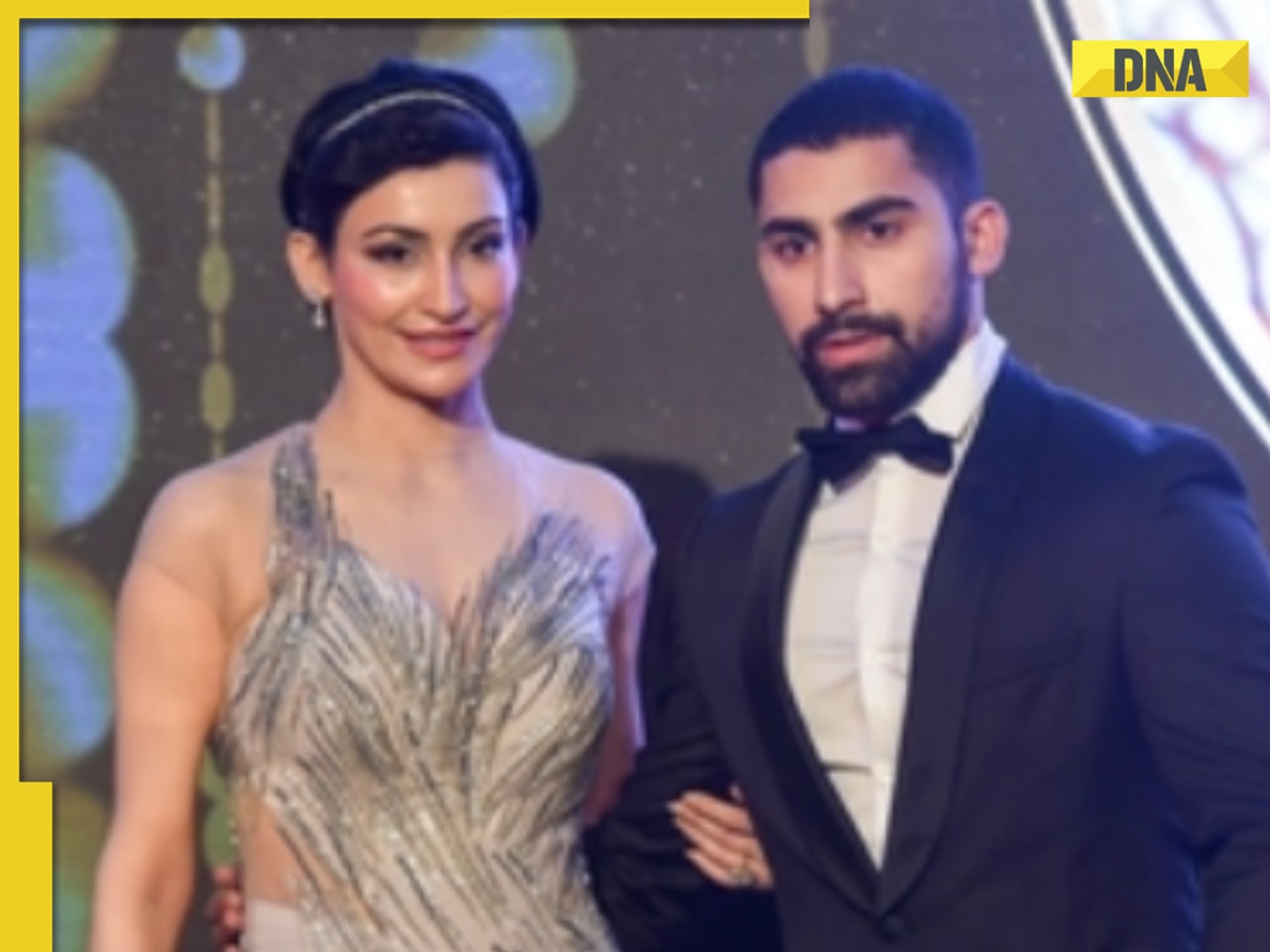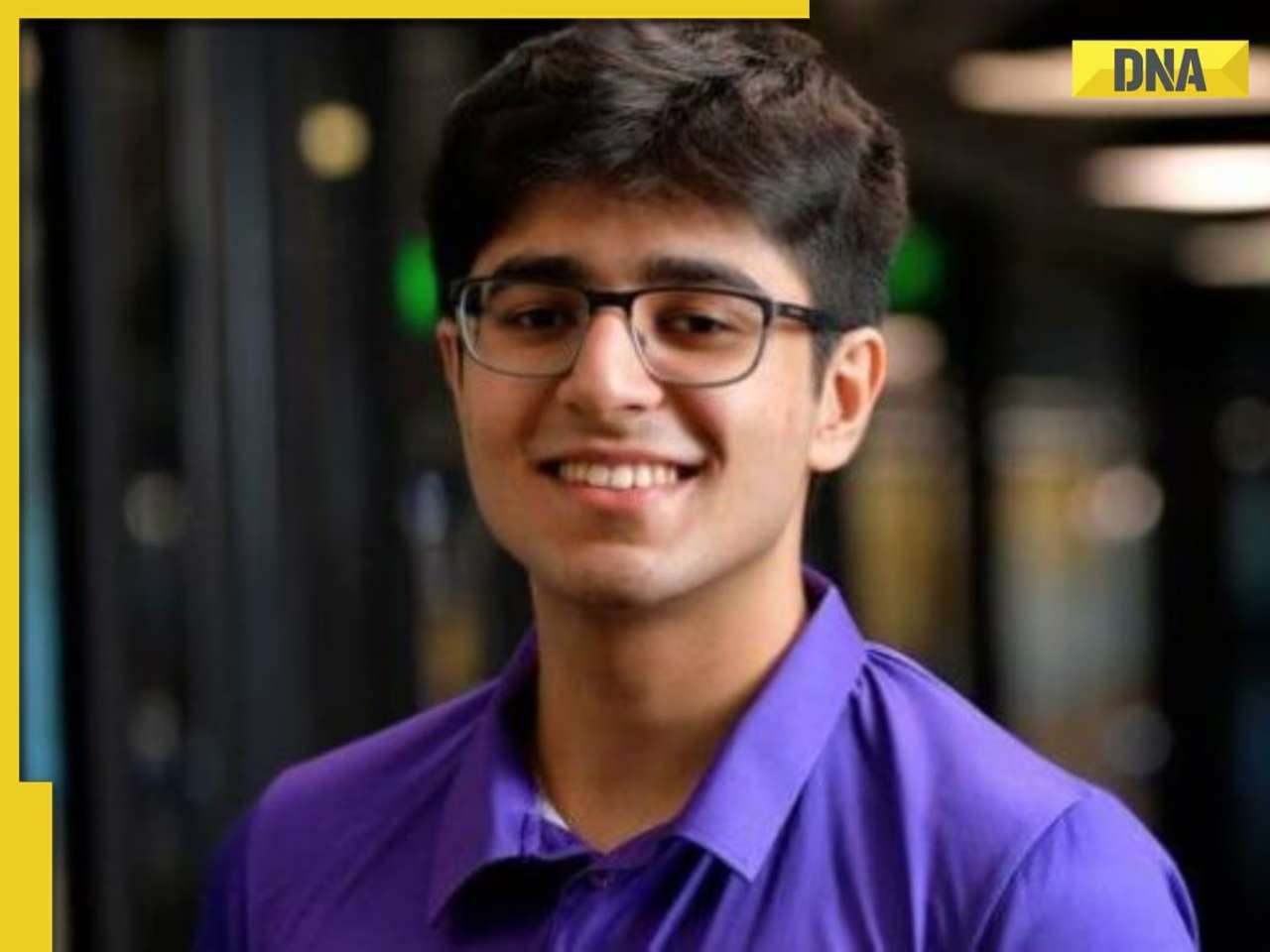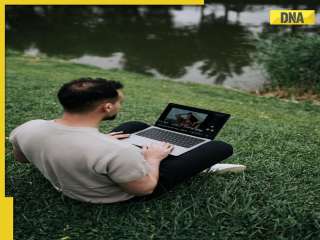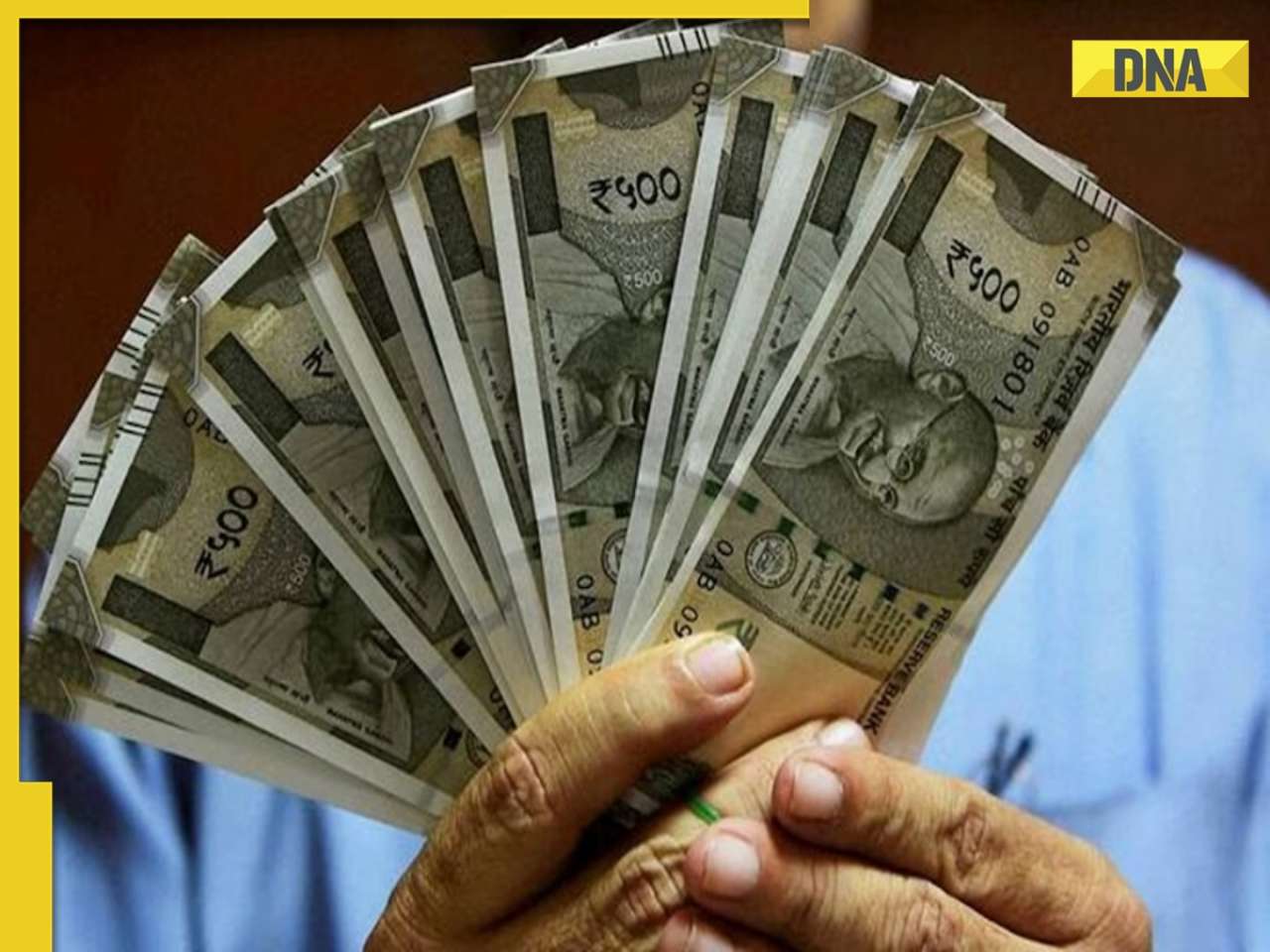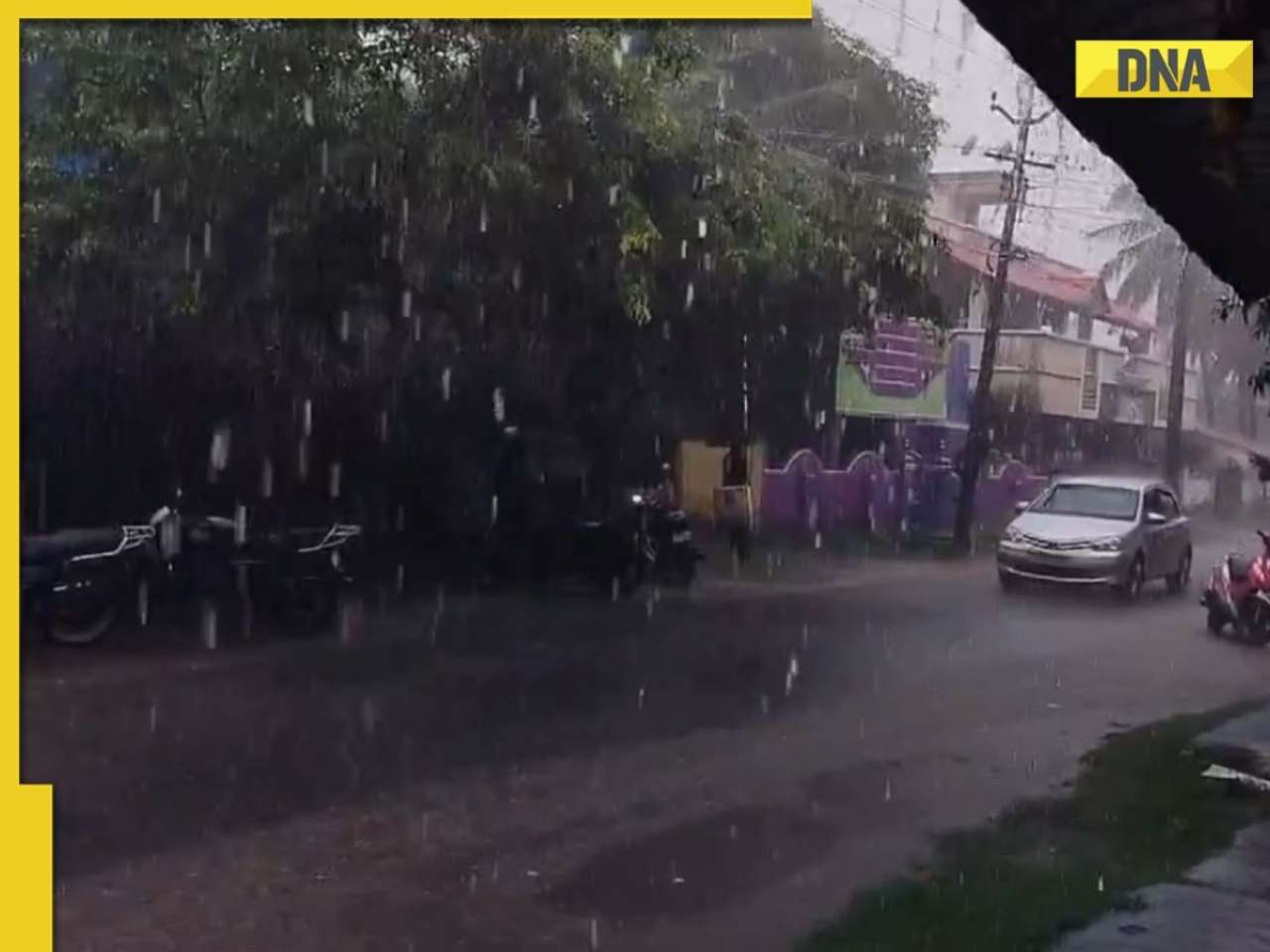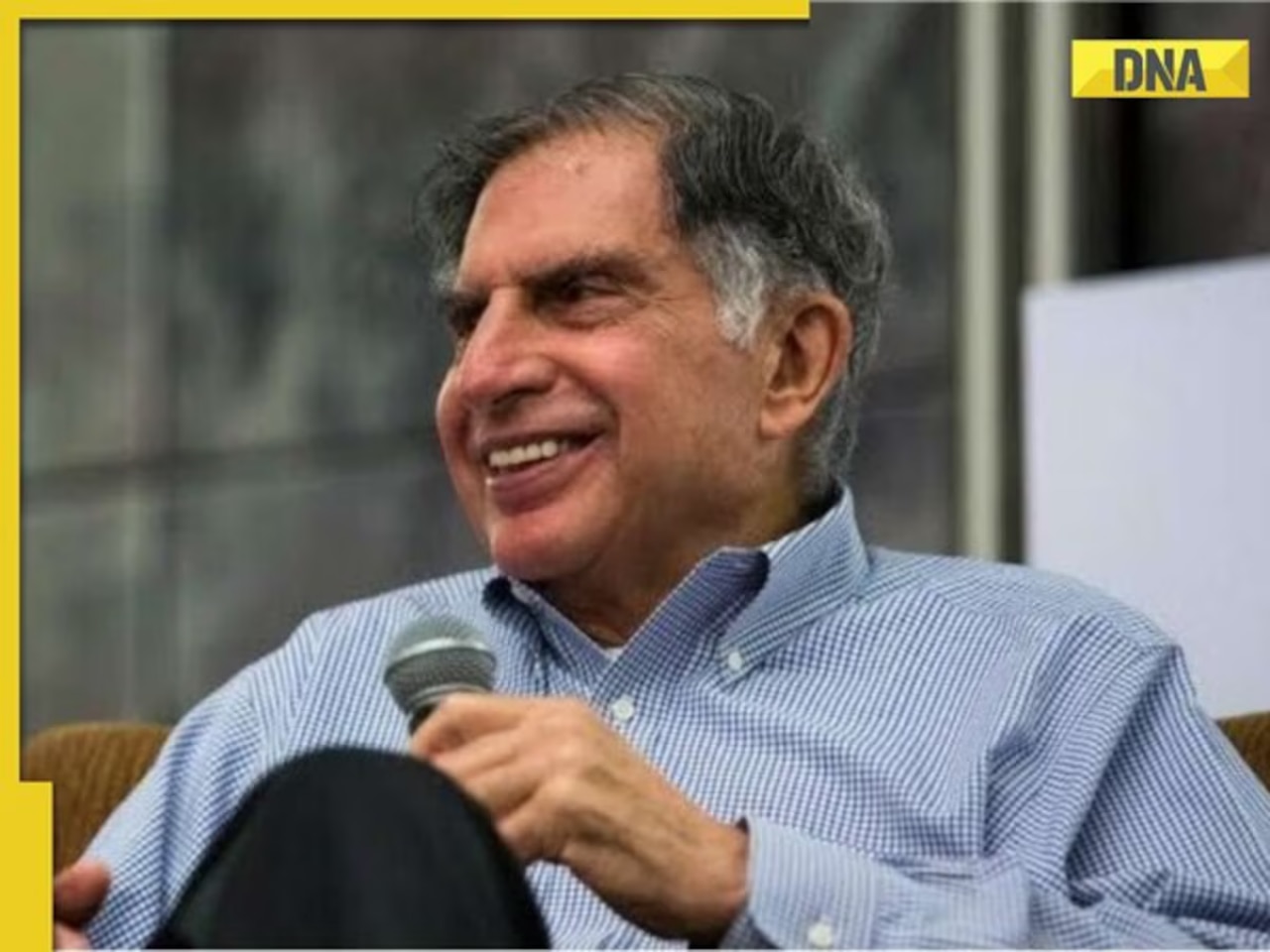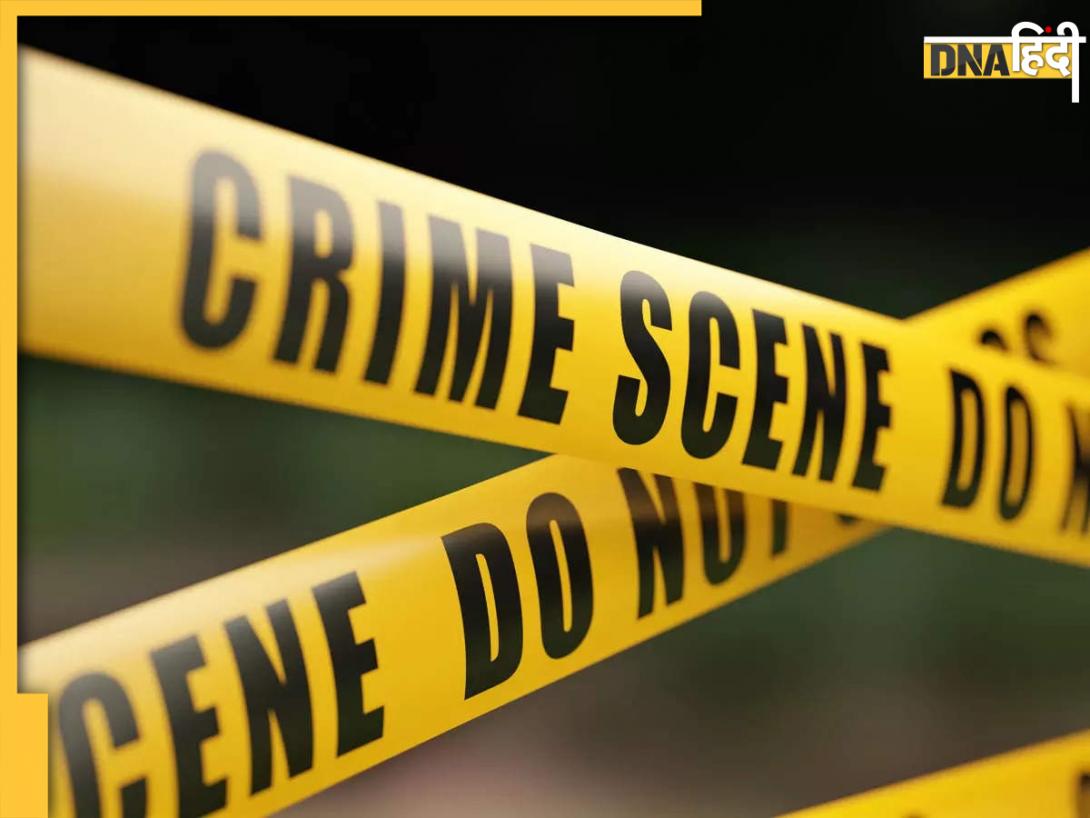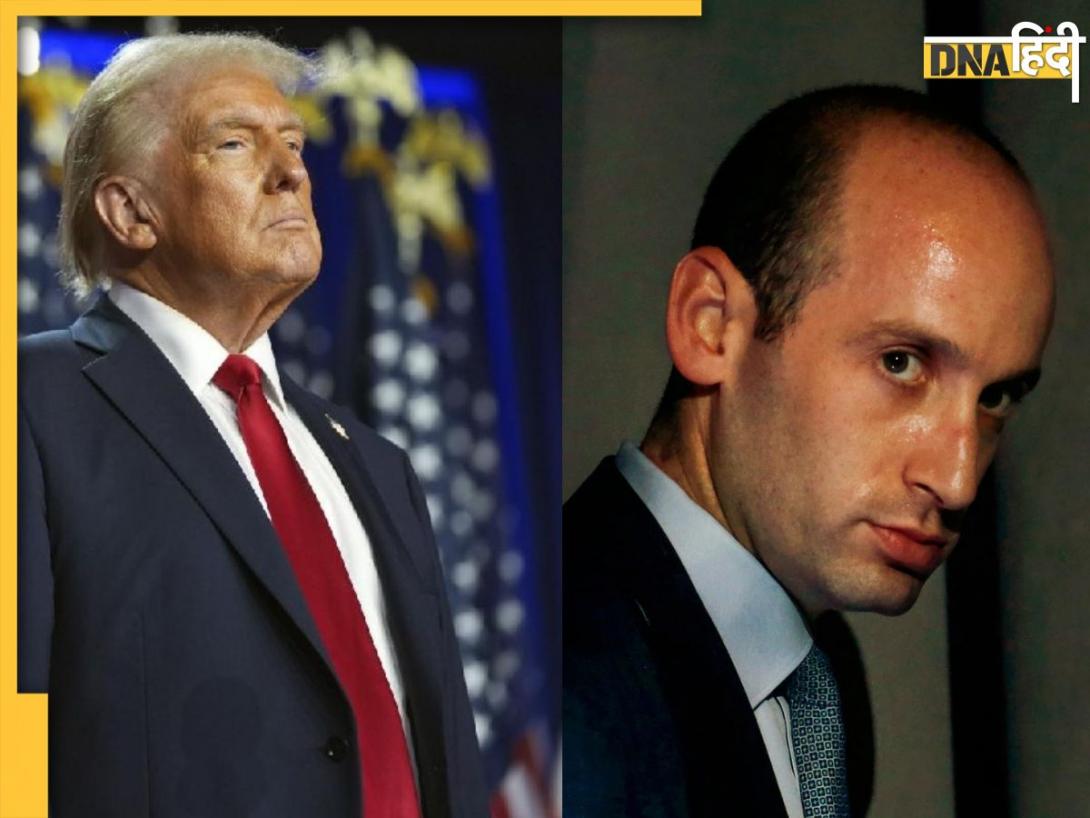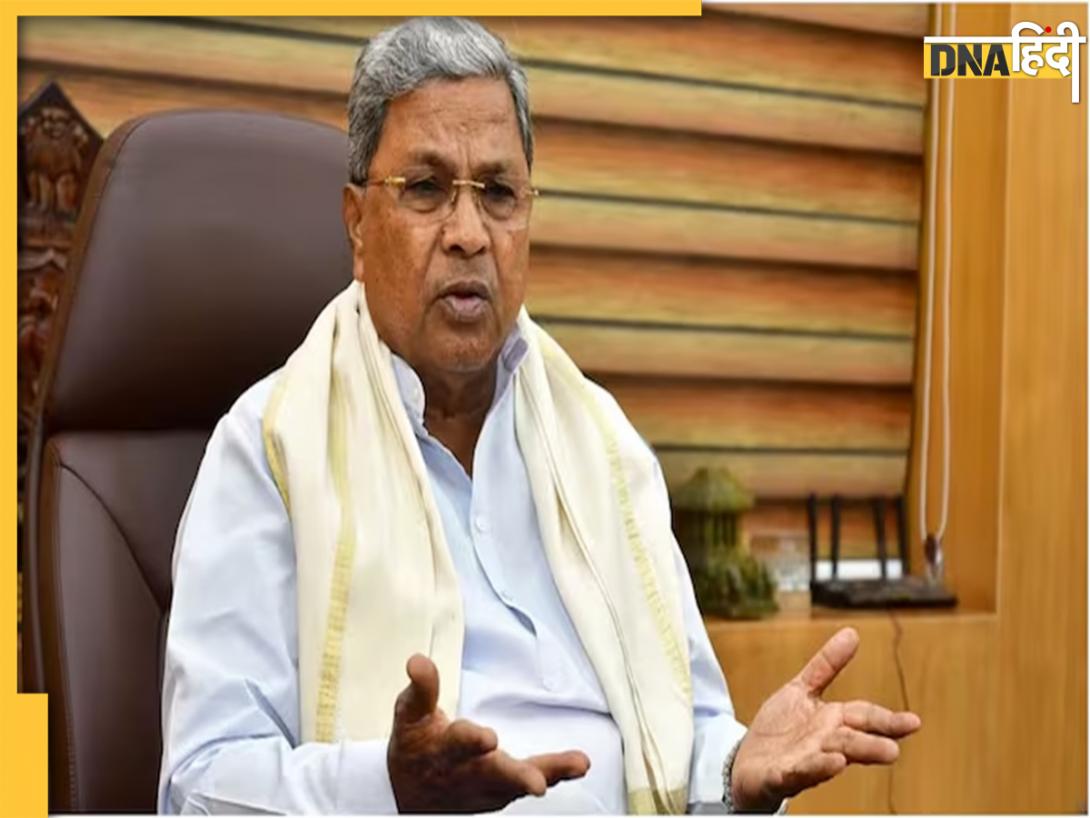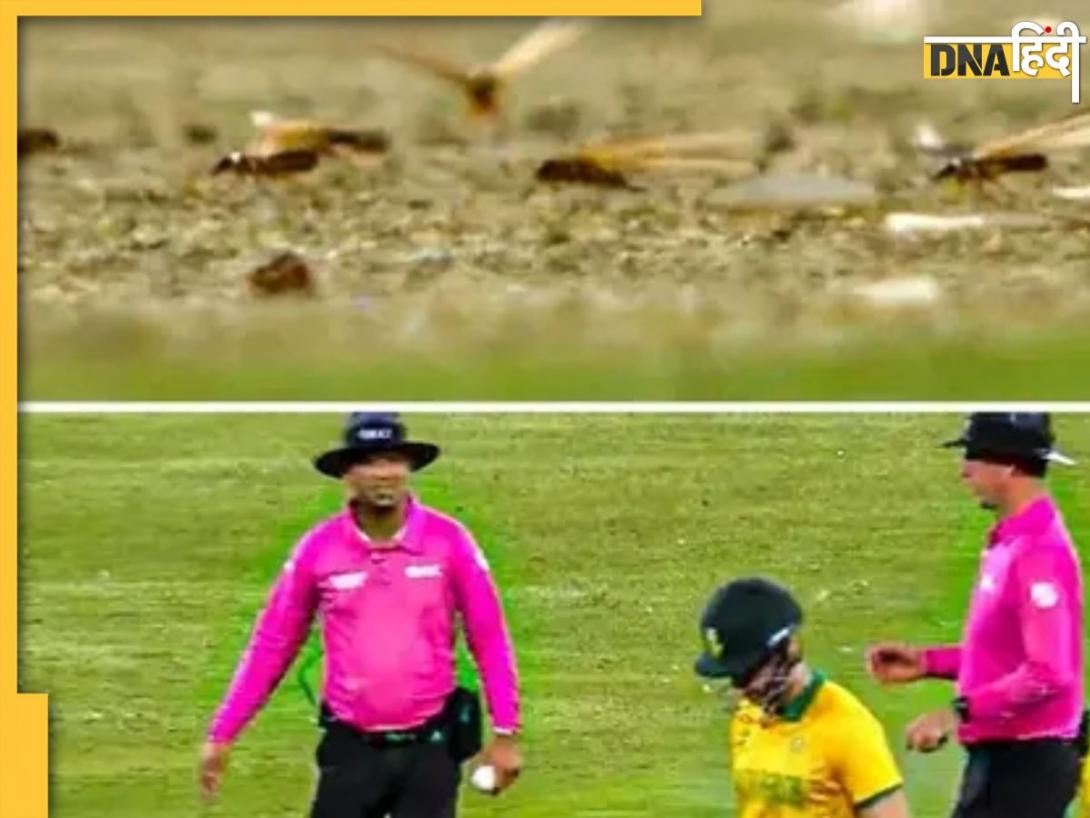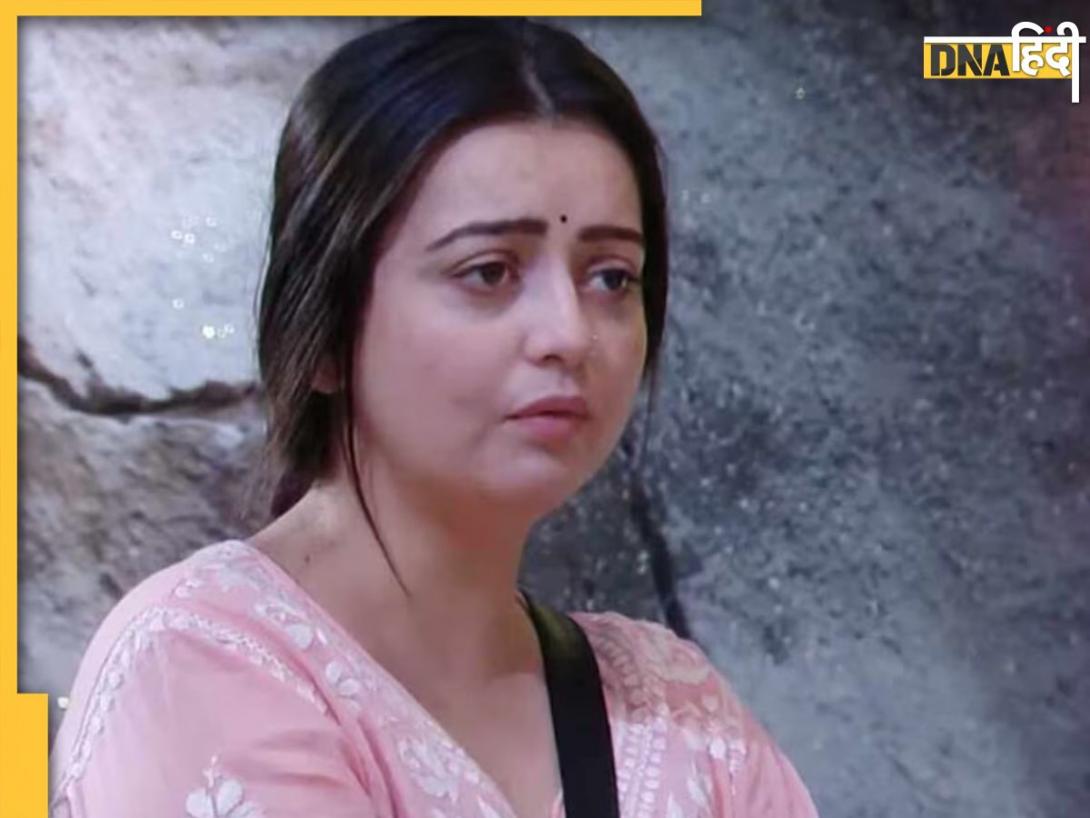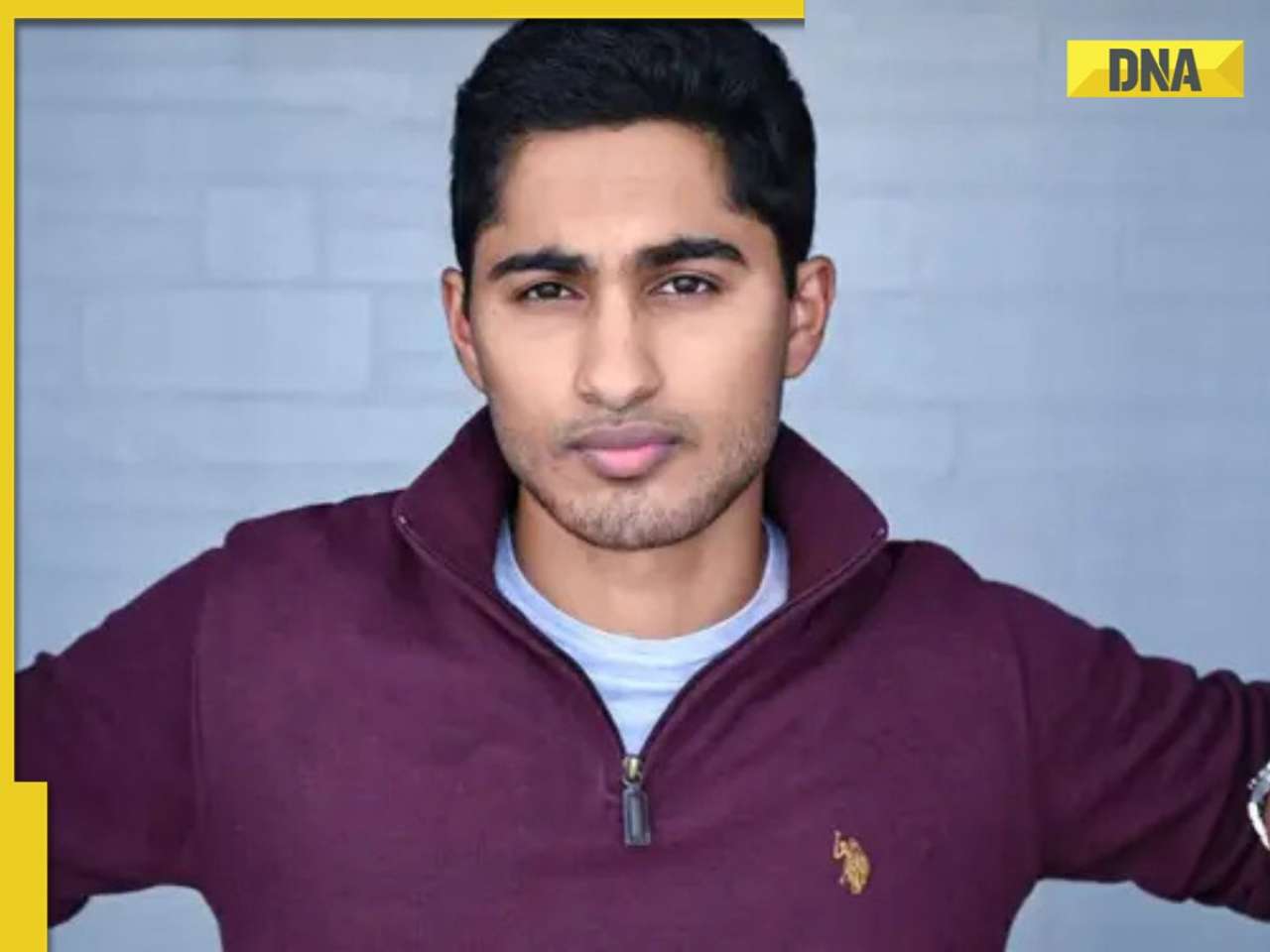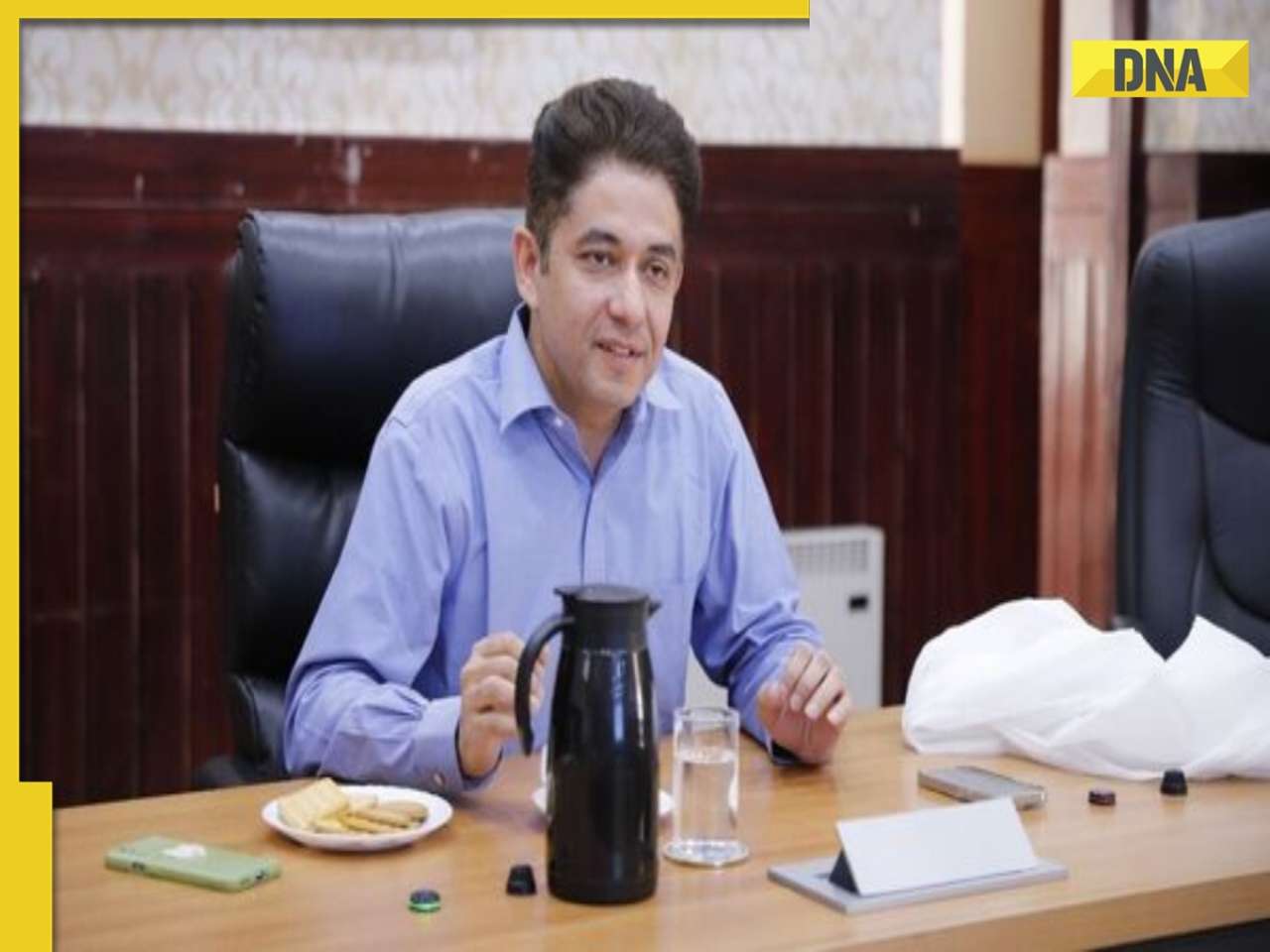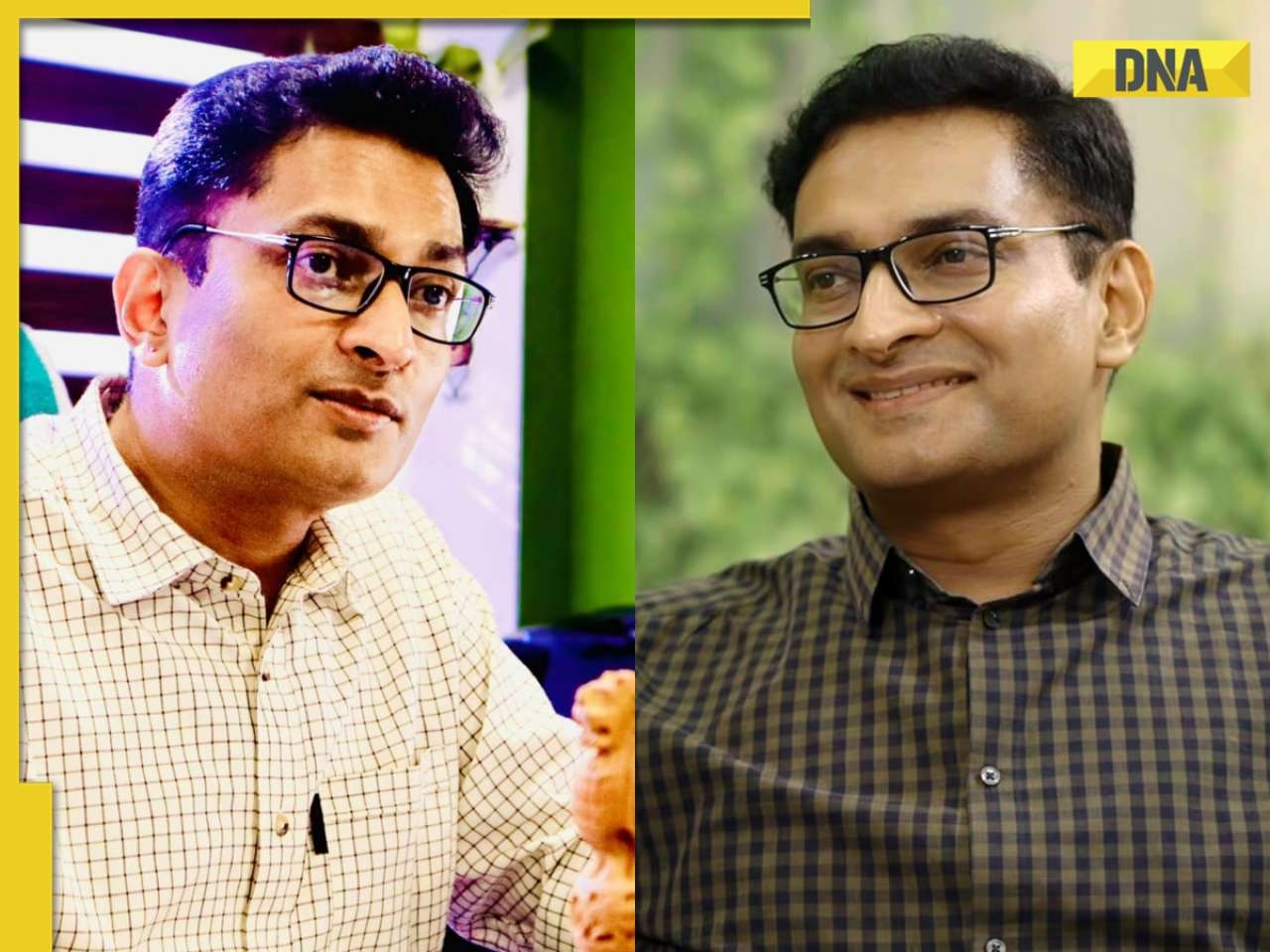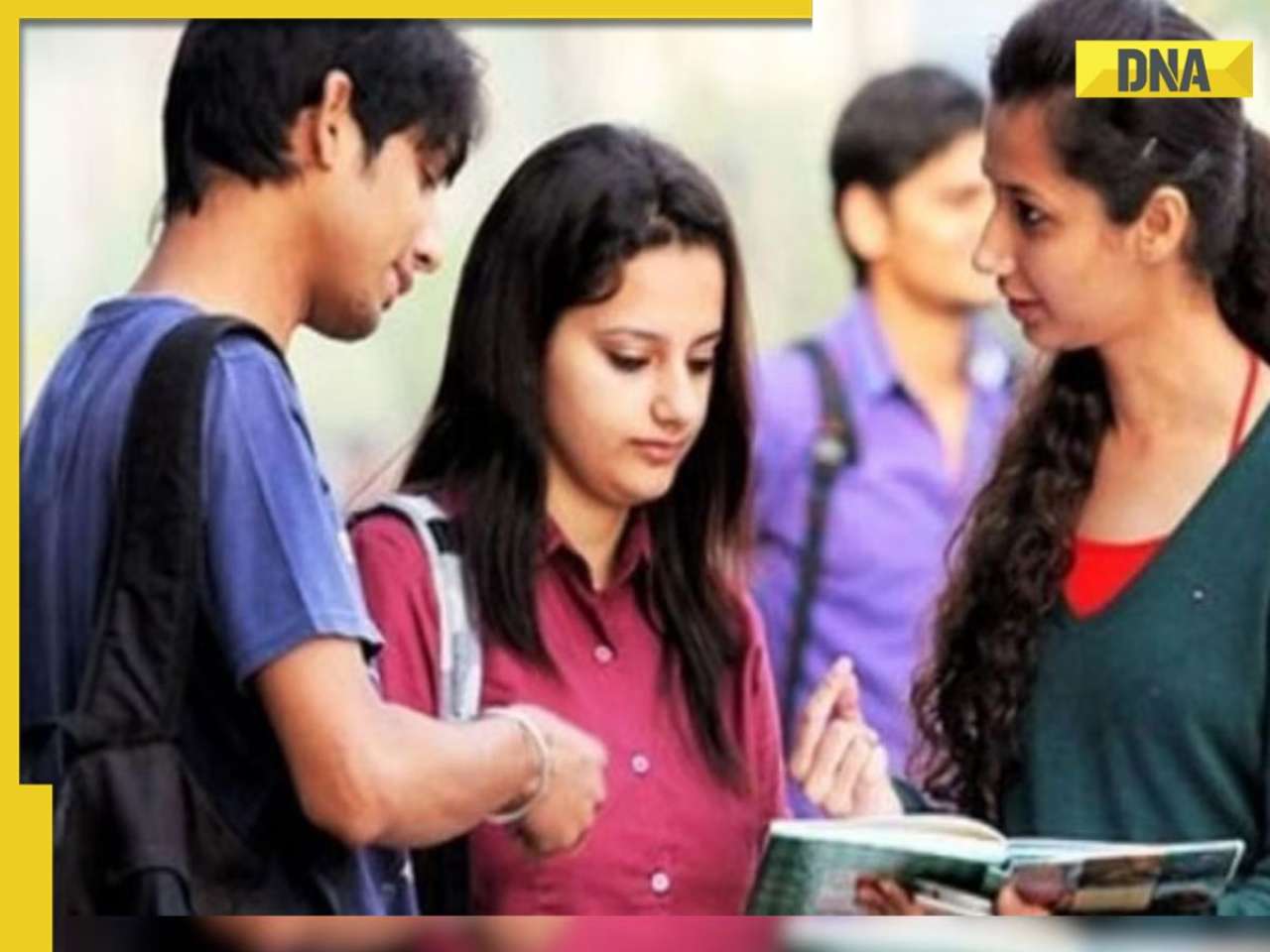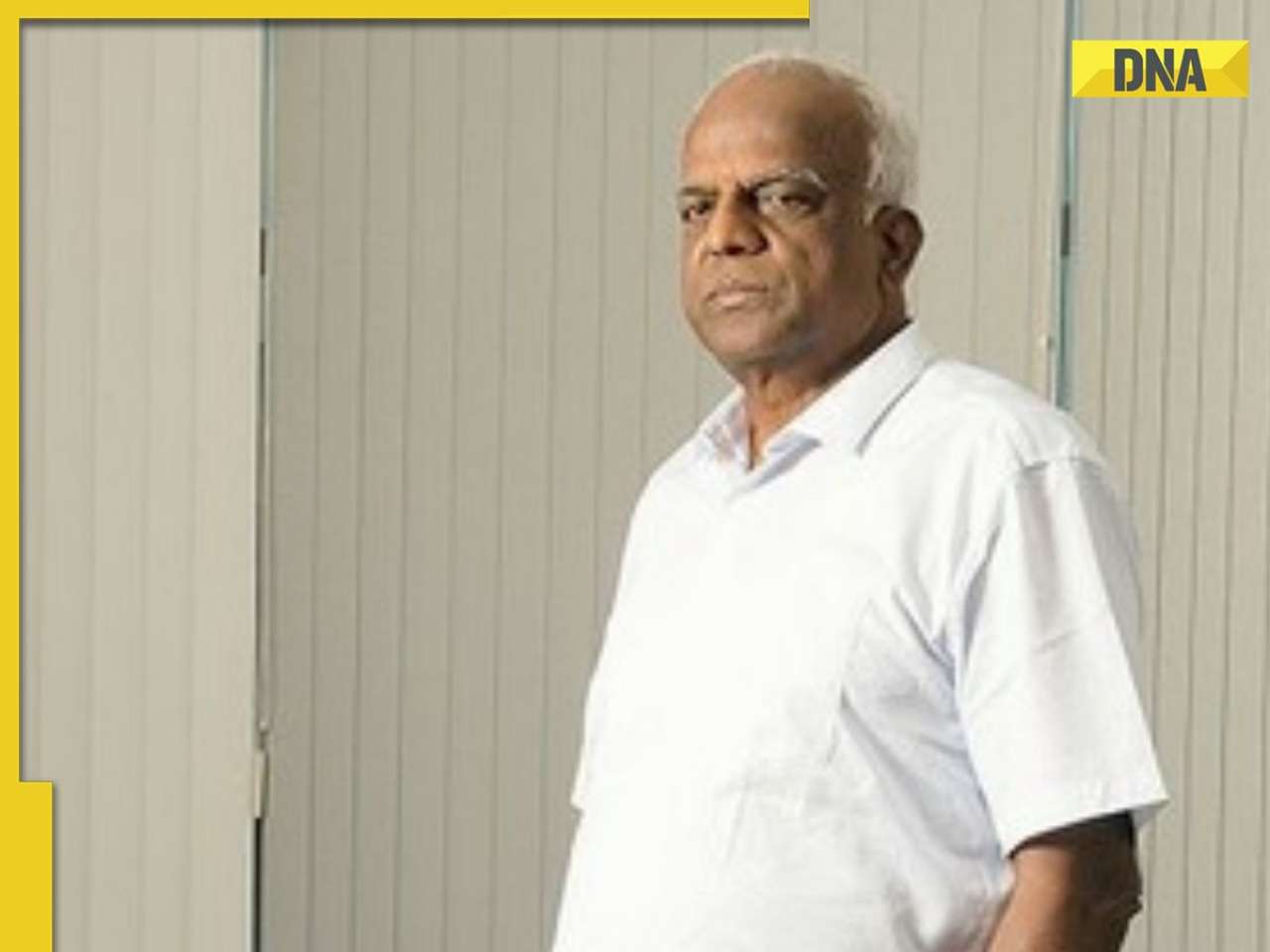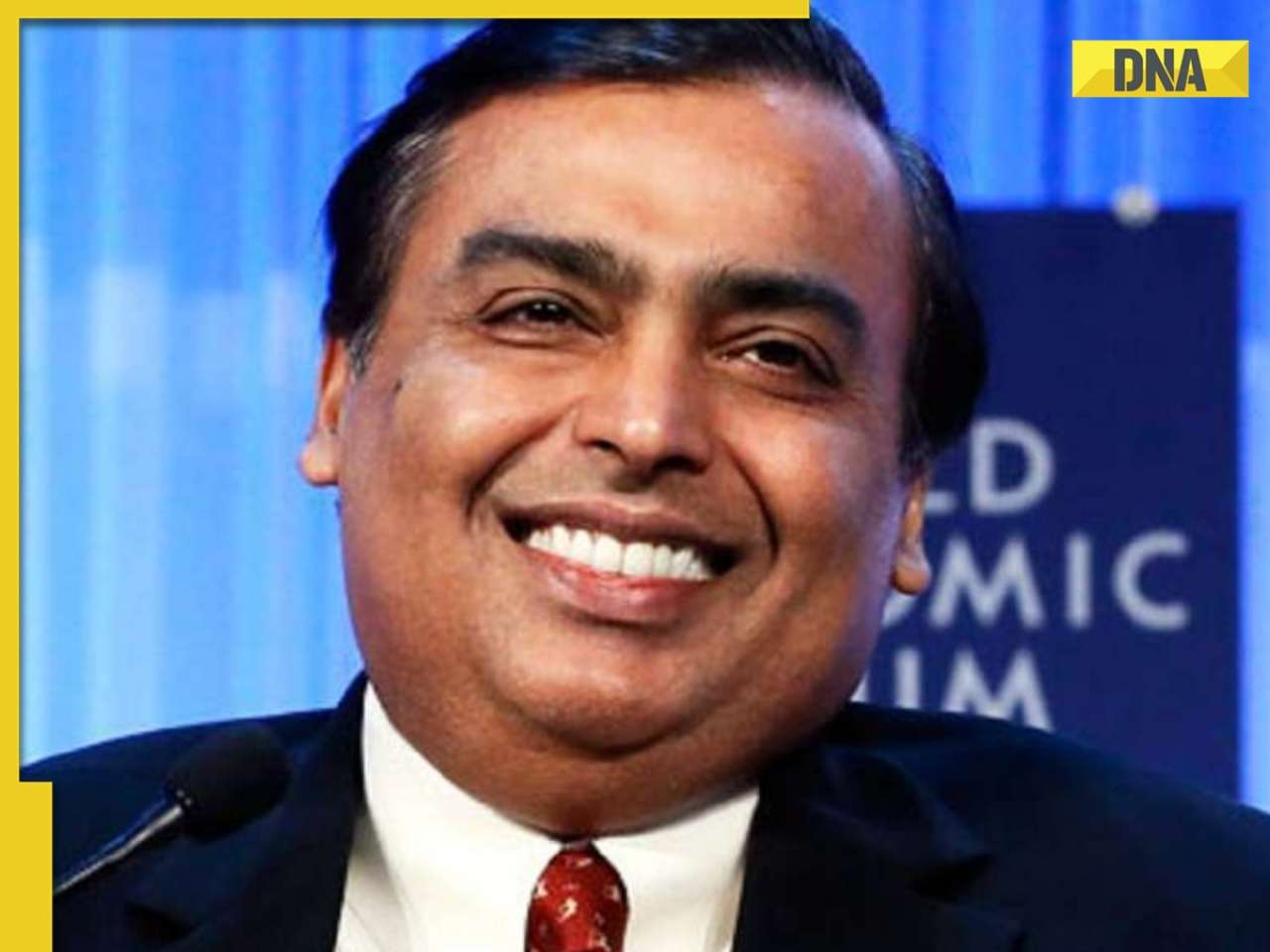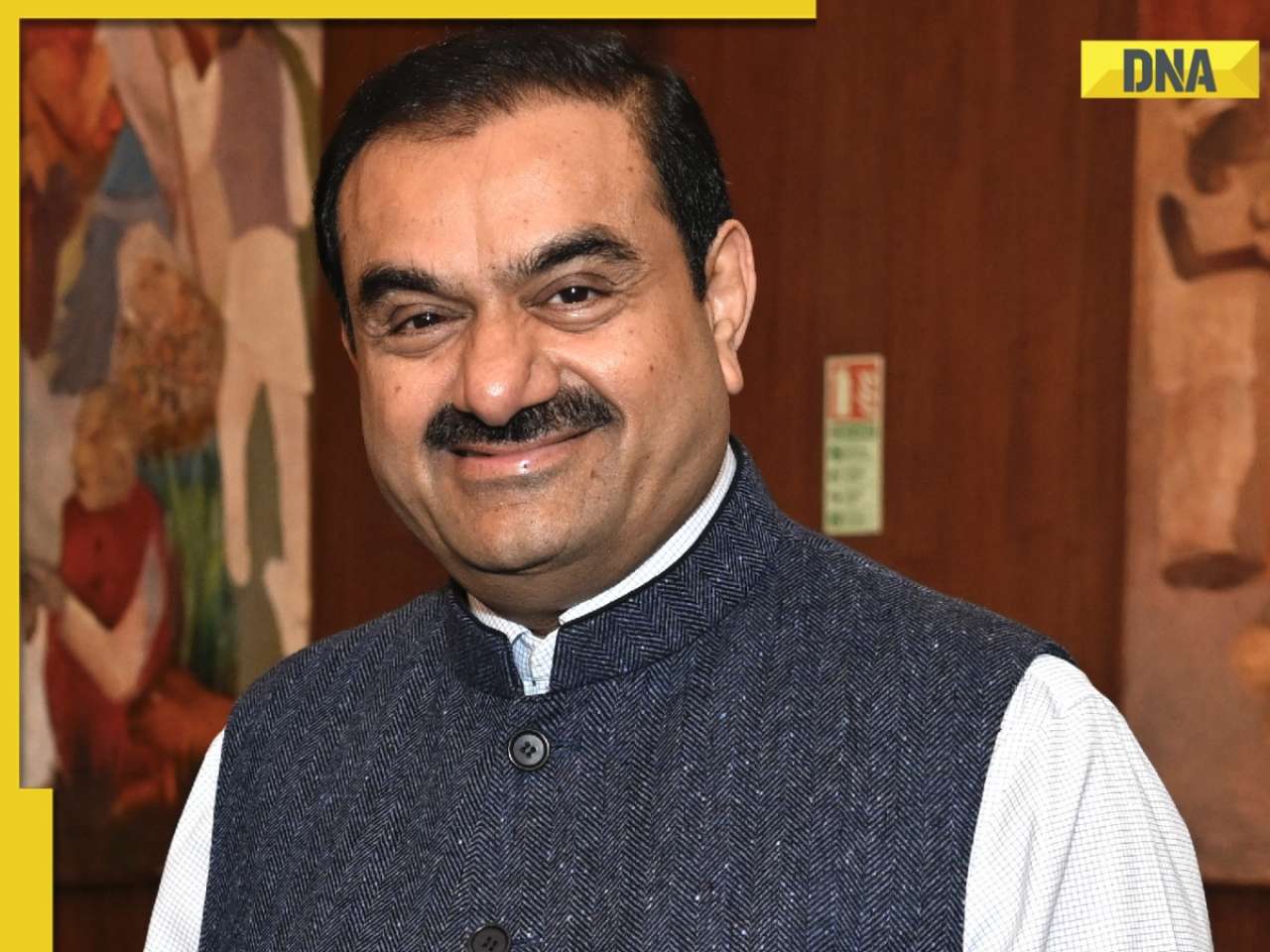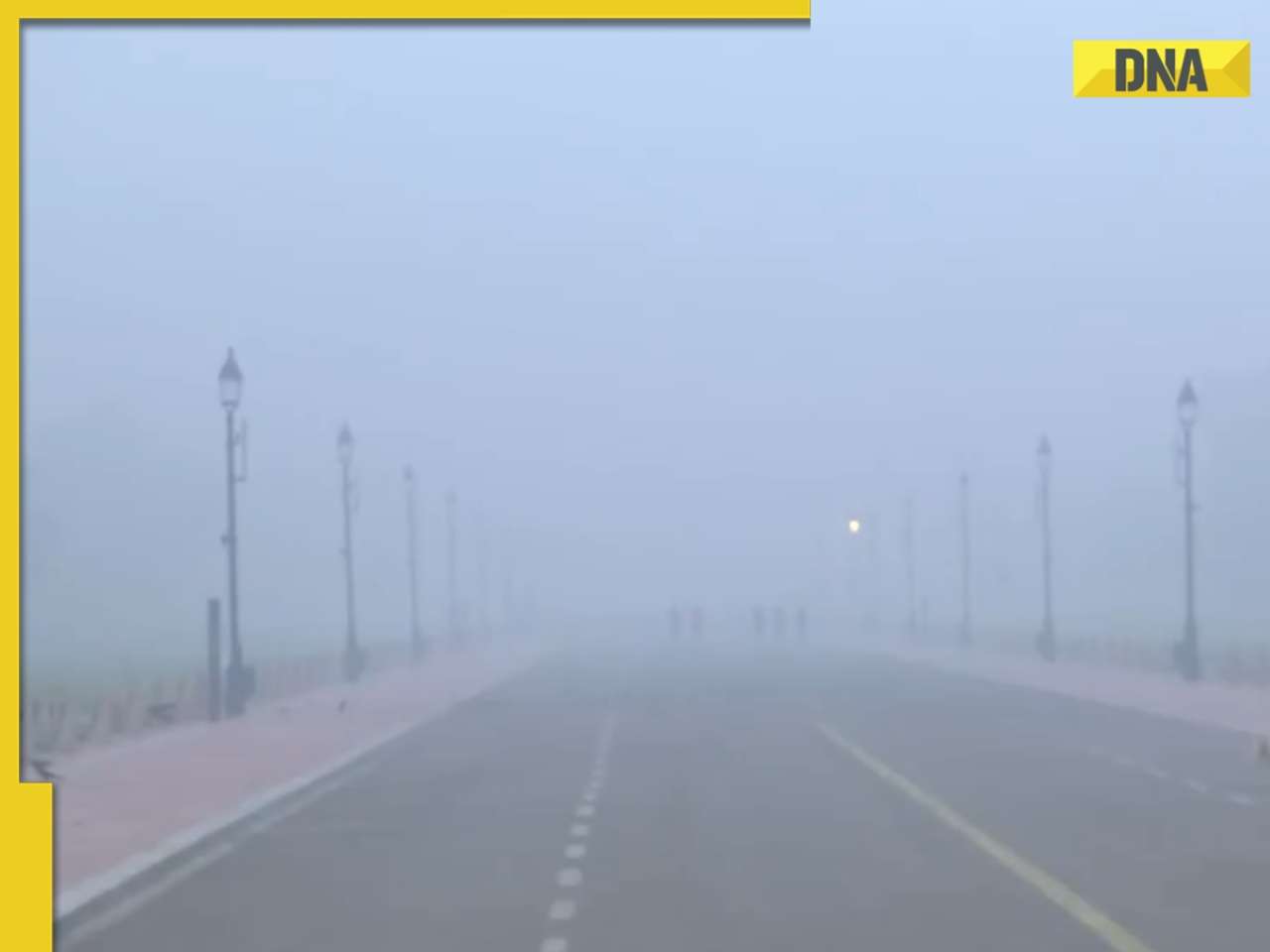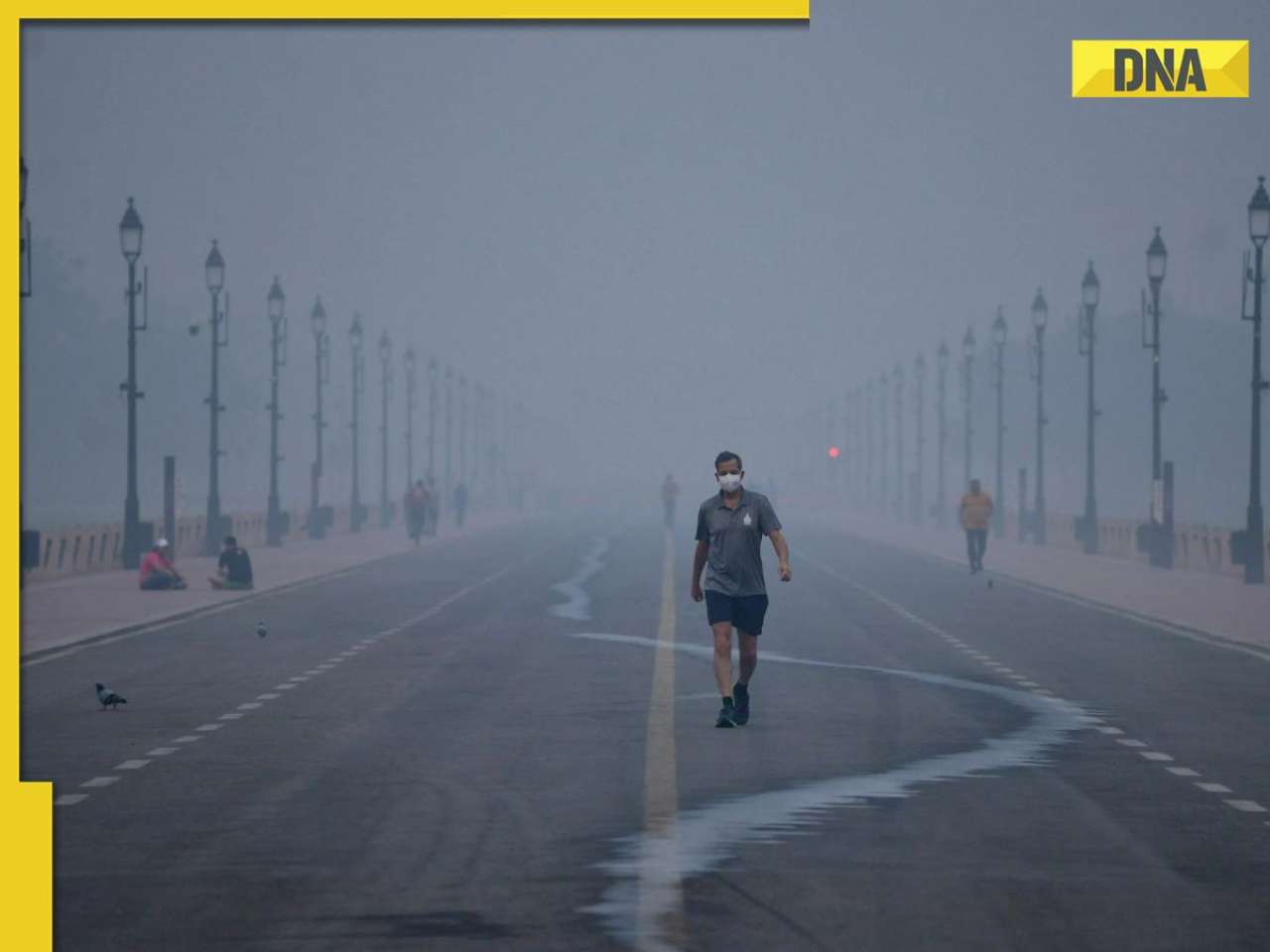- LATEST
- WEBSTORY
- TRENDING
WORLD
30 years on, eyewitnesses look back on the Falklands War
Making tea for the enemy; sleeping in trenches; making new friends, and burying old ones. Eye witnesses to the Falklands War look back.
TRENDING NOW
Making tea for the enemy; sleeping in trenches; making new friends, and burying old ones. Thirty years on, eye witnesses to the Falklands War look back. As told to Nigel Farndale, Graham Bound, and Nisha Lilia Diu.
'The order to drive on the right didn't go down very well'
John Smith, now in his mid-70s and former curator of the Falkland Islands Museum, on life under the Argentines
Argentine forces took over the radio station as a priority. We heard the announcer say he wouldn't broadcast further with a gun in his back, and at that moment we felt we had lost everything we cherished about being British. Like many other people, we made what we grandly called a bunker under the house, and when things began to hot up we lived in it. Edicts would be issued, usually over the local radio. A curfew was imposed, meaning we had to be off the streets between 4.30pm and eight in the morning. If you were out you would get arrested or shot at. When the blackout regulations were announced, we started to feel a bit like battery hens.
The order to drive on the right didn't go down very well, and I think the most common reaction was to drive in the middle of the road, plead ignorance and cause as much confusion as possible. They renamed Stanley, but couldn't make their mind up about what to call it. For a while, they called it Puerto Rivero after a gaucho who was involved in murders of the British governor and settlers in the 19th century. They finally decided on Puerto Argentino.
When the Task Force arrived and fighting intensified, the Argentines really hardened their attitude towards us. One day, for whatever reason, the Argentines put a guard outside our house. He was a young lad and we offered him some tea and buns. We sat him in front of the fire and he stayed for four hours. He said that their food and logistics were rubbish, and morale was gone. Then we suggested he'd better get on with the war before he was discovered, and he left.
The church was an important part of our family's life. Stanley was about 80 per cent Anglican and 20 per cent Catholic, but Monsignor Daniel Spraggon didn't care what faith people had. All were welcome at St Mary's, even if it was only for a cup of tea. Sometimes, if there were Harrier raids going on, he would conduct a high-speed service. The Monsignor preached against the occupation from the pulpit, but he began to realise that he was on thin ice, and he started wearing his full regalia all day so that our Catholic invaders realised he was part of Rome rather than Britain. He kept us all cheerful, and did his best to solve your problems. If, say, you were short of fuel, he would come up with an answer, either illegal or legal. Of course we were scared. But the camaraderie was tremendous. People whom you might normally only say hello to became firm friends.
-----
'We were the top guns in the world'
Commander Nigel "Sharkey" Ward, 68, was a Harrier pilot. During the Falklands War, he shot down three enemy planes and was awarded the Distinguished Service Cross
As we sailed on Invincible there was fear throughout the Task Force about the air threat that faced us, because they had about 200 front-line aircraft and we had just 20. But I was confident because I knew we were bloody good at visual air combat. We were the top guns in the world. Our wives all knew there was a danger their men may not return, but this was made more difficult by the Flag Officer of Naval Air Command, because he let it be known to his secretary that only 25 per cent of the pilots would return. Bloody stupid, because she was engaged to a pilot.
When we got to the Falklands we were in action straight away, attacking Port Stanley on May 1 and putting up a defence against an attack by the Argentinian Air Force. From that moment on there was no rest for anyone for the next six or seven weeks. It was constant. My first action was against three Turbo-Mentors. I was sweeping in and out of the clouds with my wingman when I hit one of them with my canon. The next thing I knew this huge grey shape passed over my cockpit and I just missed colliding with him. I didn't get a confirmed kill until May 21 when we were protecting the landing at San Carlos.
This Pucara was flying between 10 and 20ft above the ground. Very low. I saw my shells ripping up the ground, then they removed his wing tip and set one of his engines on fire. I had two more runs at him and each time my shells tore his plane apart. After the first one his canopy had been removed, both engines on fire and his fuselage was being shot away, then his ejection seat went. He landed safely and walked back to Goose Green. Very brave. Major Tomba. He sent me a sticker from his squadron after the war.
-----
'I had instruments for caesarean sections. but soldiers didn't need caesareans'
Maggie Barclay-Cooke, 64, a nurse with 2 Field Hospital (a mobile medical unit), on treating the wounded
For weeks, we'd be put on standby in the morning and in the afternoon we'd get a message: "you're not going". Then, one morning it was: "you're going". We all had to be issued with military uniform and it was just hysterical. I'm only 5ft 2in - it was enormous. So I was issued with Gurkha uniforms, which were smaller, and sent to M?&?S to buy vests.
On June 19, we boarded the ship, the Rangatera. It took us 22 days to get to the Falklands. There were about 500 of us on board and only 14 women. Apparently the Royal Navy said it was unlucky to have females on board ships.
2 Field Hospital went separately, on the Atlantic Conveyor. When it was sunk by the enemy, 12 soldiers were killed and everything we needed was lost at sea. I had instruments for caesarean sections but soldiers didn't need caesareans. Thankfully, the Argentines had abandoned a military hospital in the local school so we took all we needed.
War isn't how you see it in films. You don't feel and smell how awful it is. There were a lot of injuries. The Argentines had left mines as booby traps under helmets, which our soldiers were picking up as memorabilia and getting their arms and legs blown off. I couldn't stand at the operating table crying - you have to be strong - but I often wanted to. What really stands out in my mind is a horrific friendly fire accident at the airfield. A Harrier, I think, took off from the airfield and its Sidewinder missiles were accidentally released. They went into a JCB and it just exploded - 11 soldiers severely wounded. Lots of them lost multiple limbs. I always think of those men, every Remembrance Sunday.
-----
'I didn't keep count - it's not wise to keep count'
Graham Carter, 52, served with '2 Para' as a private and was awarded the Military Medal for his bravery during the battle of Goose Green
I joined the battalion two days after the Argentinian invasion. I was 22. As we sailed down to the Falklands I felt anxious on two counts - that we were going to war, and that I didn't know anyone in the company. When we got there we got into the landing craft and secured the beach. Exposure was a big enemy. Some of the men suffered from trench foot and frostbite because it was winter and we were living out in the open. Our first proper contact with the enemy was at Goose Green. What was unnerving was that you couldn't see anything, because it was a night attack. You found yourself falling into enemy trenches and you just hoped there was no one already in there. Adrenalin was pumping heavily. Being a new boy, my section corporal took me under his wing and I was with him until he was killed later that day. My section commander and platoon commander were also killed, right next to me.
Another guy was shot and wounded. That incident left our section decimated but we managed to rally ourselves and keep going. Not only did it feel more personal after that but I was also shot in the helmet and so was inches from being killed myself. You start asking the question: "Why did I survive and not them?" But there wasn't much time for reflection because our aim was to take the position.
We had been trained to know the difference between effective and ineffective fire. Effective is when you hear the crack of the bullets in the air around your head. Ineffective fire you don't need to worry about, you just keep going towards it. By this stage we were taking trenches that still had Argentines in them and it was hand-to-hand combat. Bayonets were fixed throughout, and we were using the butt of the weapon as well. Most of the time you don't know whether you have killed someone or not because you are at a distance, but when you are in the trench you know. If they are not fighting back you move on. If you could, you would throw a grenade into a trench first, then you would go in shooting and stabbing. It was the first time I'd killed someone. I didn't keep count and I don't think it's wise to keep count. You do what you need to do to survive and advance. The following day was the surrender.
There is a sense of pride you feel at having taken part in a battle like that. But it took 10 years before I would talk about what happened to anyone outside the military.
-----
'The way to hitch a lift was to stand with your arms outstretched and wait for a helicopter'
Paul Haley, 62, was a staff photographer for the MoD's 'Soldier Magazine'
Our remit was to be ready to travel anywhere in the world at 24 hours notice, so we had to keep all our inoculations up to date and so on. I was on the QE2 and the journey down took about two weeks. I landed with Five Brigade at San Carlos and stayed on land for the next two weeks. To get anywhere was difficult. I had to set off walking then I met a helicopter pilot I knew who told me the way to hitch a lift was to stand with your arms outstretched and the helicopter would land and pick me up. I was wearing an old Para smock, but I didn't have a press armband or anything. No helmet, but then none of the soldiers did either, or bulletproof vest. We were sleeping whenever we could. I stayed in the odd sheep hut but most nights it was a sleeping bag in the open. The wind was so strong you couldn't talk to people unless you had your back to it.
When the Sir Galahad got hit, I heard it and saw smoke coming up over the hill, so I got a lift from a helicopter and went to photograph that. But most of the fighting was at night so there was little to photograph apart from tracer bullets. For the battle for Tumbledown it was more a matter of getting your head down until first light, then I moved on the hill while there was still some sporadic firing and I took a photograph which became fairly iconic. It was of a group of Scots Guards. They lost eight men there and I saw them coming back to the medical post. I'd seen dead bodies before but it still came as a shock. One of my regrets was that we were asked not to photograph British casualties and dead and so I didn't. My self-censorship means there is no record of that side of it.
-----
'The drawing of the Sir Galahad is one of my worst - I was too overcome by emotion'
Linda Kitson, 67, was the official war artist appointed by the Imperial War Museum
They see the work and match the artist up to the job. I was 37 and was hired because I do fast drawing - I resist the word "sketch". My drawings are a reaction to what is there, without time for embellishment. They usually took about 20 minutes, because everything was moving around, jeeps and helicopters - you could only give an impression of them. There was little chance to familiarise yourself with the subject. I would draw Gurkhas in a dugout command post one day and the next day it would be blown to smithereens. My drawing of the Sir Galahad hanging in the Imperial War Museum is one of my worst because I was overcome by emotion - all the ghosts of the Welsh Guards I'd got to know.
I suppose I did stand out a bit because I took a huge tin trunk with enough paints, inks, and pencils to last years. It needed men to carry it but I think they thought helping me was less boring than the rest of their duties. I also had a stool and a 7ft parasol. A sergeant made me a camouflage armband which held the five types of drawing implement I could work with. Freezing fingers were a problem. It was bitter. I had five layers of clothing. Royal Marines were distributing ladies' tights. These huge burly men!
I managed to get about 100 drawings back on the QE2, but I worried - they were my babies. Carrying the rest around was a nightmare so I would get them back to HQ and put them in a trunk with a note saying: "If anything happens to me get these back to the Imperial War Museum".
-----
'We shall be back'
Richard Savill, 56, was attached to the Welsh Guards for the Press Association during the liberation of Stanley
The end to the fighting came suddenly. I was accompanying the battalion of Welsh Guardsmen briefed to take out enemy resistance on Sapper Hill, the feature dominating Stanley. The Welsh Guards had lost 32 men with the Sir Galahad; they'd been tasked to act as reinforcements for the final attack on Stanley.
They spent seven hours crossing a minefield on a numbingly cold night, and came under heavy Argentine shelling. During a lull, the regiment's commanding officer, Lt Col Johnny Rickett, remembered that they should have been in Horse Guards Parade in full ceremonial uniform, celebrating the Queen's official birthday: "We've just tuned into the World Service and heard them marching down the Mall," he said, ruefully. The Guardsmen were briefed to take out the enemy on Sapper Hill, but as they advanced they found it abandoned. We had walked nervously forward, scanning the horizon for enemies. Then came the announcement that Argentine resistance had crumbled. We marched to the top of Sapper Hill past abandoned enemy dugouts. A whisky bottle was passed around and we looked down on the green and red-roofed houses in Stanley for the first time. It was much smaller than we had imagined.
We removed our camouflage and set off tentatively, awaiting possible sniper attack at any moment. Argentine soldiers sat in trenches pointing their guns at us. We waved but there was no response. As we neared the town two unarmed Argentine conscripts approached us and shook our hands. Officers waiting on the football pitch to meet the British negotiating team seemed to welcome us. But a defiant major warned: "We shall be back. With due respect to everyone in Great Britain, we believe they are our islands."
-----
'We were all heroes and we were all cowards'
Rev David Cooper, 68, as the Army Chaplain for 2 Para. He became known for an expression he used at a televised 'field burial' he conducted on May 30 1982: 'Think on'
My job related to the morale of the soldiers. As we sailed down I had to explain that if they became casualties they would be treated as soon as it was possible, but our first priority would be the mission. The attack couldn't stop for them. Whenever I recovered any of our dead, the first question I would be asked by the soldiers was "Who is it?" Their reaction would be something like, "I knew his wife," or "Christ, he's got two children." And this affected me as well because the first man we had killed in the Falklands was someone who I'd married 18 months earlier, whose first child I had christened. Were there any heroes? Any cowards? The answer is we were all heroes and we were all cowards at various times. Warfare is terrifying. We only had one soldier who wasn't afraid and his commander later decided he needed psychiatric treatment.
My role was casualty clearance so I moved from the Regimental Aid Post (RAP) forward to the platoon who were in contact with the enemy. H [Colonel H Jones] was a sound tactician because he had got the RAP as far forward as he could in order to reassure soldiers that a doctor was close. H was a very good friend. I was close when he was killed. There was a lot of misinformation about his death. He didn't die outright but he didn't regain consciousness and died minutes afterwards. The bullet went through his shoulder, ricocheted off his spine and came out of his abdomen.
After the surrender we collected our dead and brought them back for a trench burial. There were 18 Paras and I was asked to take the service because I knew them. It was a time for me to reflect upon the friends I had lost.
-----
'It was Galtieri's revenge - he lost the war but made us ill'
Lewis Clifton, 56, a former Post Office worker and member of the Port Stanley fire brigade, on life after the occupation
Filth, degradation, destruction; those are the things that come to mind when I think of Stanley in the aftermath of the conflict. The town was normally home to just a few thousand people, then suddenly had to cope with thousands of extra Argentine and British soldiers. The place just couldn't take it. There was only sporadic electricity and water and the sanitation system collapsed. The streets were ankle-deep in human waste. The stench was awful, really awful, and we were all suffering from what we called Galtieri's revenge. He lost the war but left us ill.
Thousands of Argentine prisoners just seemed to wander around freely for some time after the surrender. They had been isolated in an area east of the town, and they were being brought back up to Stanley for embarkation onto ships, but that system broke down when too many were released from the holding area. They just ran amok and were responsible for wanton destruction, including setting fire to buildings.
During the occupation, the fire engines had all been taken off us, and we had to wrestle them back on June 14 to cope with those fires. I remember when the Globe Store went up in flames, we had the greatest difficulty pumping water up from the pier because we were being virtually beaten up by bloody Argentine POWs in the darkened streets.
My first encounter with British soldiers was on the night of the surrender. We had been out fighting fires, and met some Paras. They certainly looked like lean, mean fighting machines. They were near the embers of a fire that had destroyed a house. Obviously, they were pleased that things were over, and we were certainly pleased to see them.
For some time afterwards, we and the British troops helped ourselves to Argentine supplies. Some people have described it as looting, but it was more like the spoils of war. The place was suffering shortages of flour and sugar and other basics, and the Argentines had left containers of food dotted around the town. The shocking thing about this was that they had not distributed it to their own men.
Now the town is more than twice the size. It's had major infrastructural improvements, and it's a much better place to live. But some things don't change: when we were growing up here before the war, fresh fruit was rare, and you still can't buy bananas today. But we're Falkland Islanders: we've learnt to make do.
'The Argentines were very twitchy about transmissions'
David Pole-Evans, 53, runs a farm on Saunders Island, and during the invasion helped his late father pass on invaluable intelligence to British troops through short wave radio
My father, Tony, was doing two things that the Argentines wouldn't have liked during the war. He was operating a low-powered VHF radio, at our farm on Saunders Island, to gather information from other farms, and then he was passing it on to his friend Les Hamilton in Scotland, using the short-wave radio. I helped him with the VHF set. We had an internal aerial for this, and we operated just outside the normal band, so the Argentines were unlikely to pick us up. I know they were very twitchy about transmissions and were trying to stop them, but I don't think they ever picked up my father and Les on short wave, otherwise they would have been straight round.
It's been claimed in the past that Les - via my father - was the first person in the UK to know about the invasion, and that it was he who informed the MoD. I'm not sure about that. Dad certainly never made such a claim, but he did make himself very useful during the occupation. He'd pass on information about troop numbers and locations and shipping movements down the Sound [the channel between the two main islands], and if he knew another island had been occupied, he'd pass that on too. Dad had told Les to call my sister in Yorkshire and get her full name and date of birth. They used this as a key. By referring to letters and numbers in that combination, they could agree on frequencies to change to. When we had information, Les would phone it straight through to a special number at the MoD.
Dad gave up ham radio after the war because the Argentines caused havoc. They'd constantly butt in on conversations, calling the islands the "Islas Malvinas".
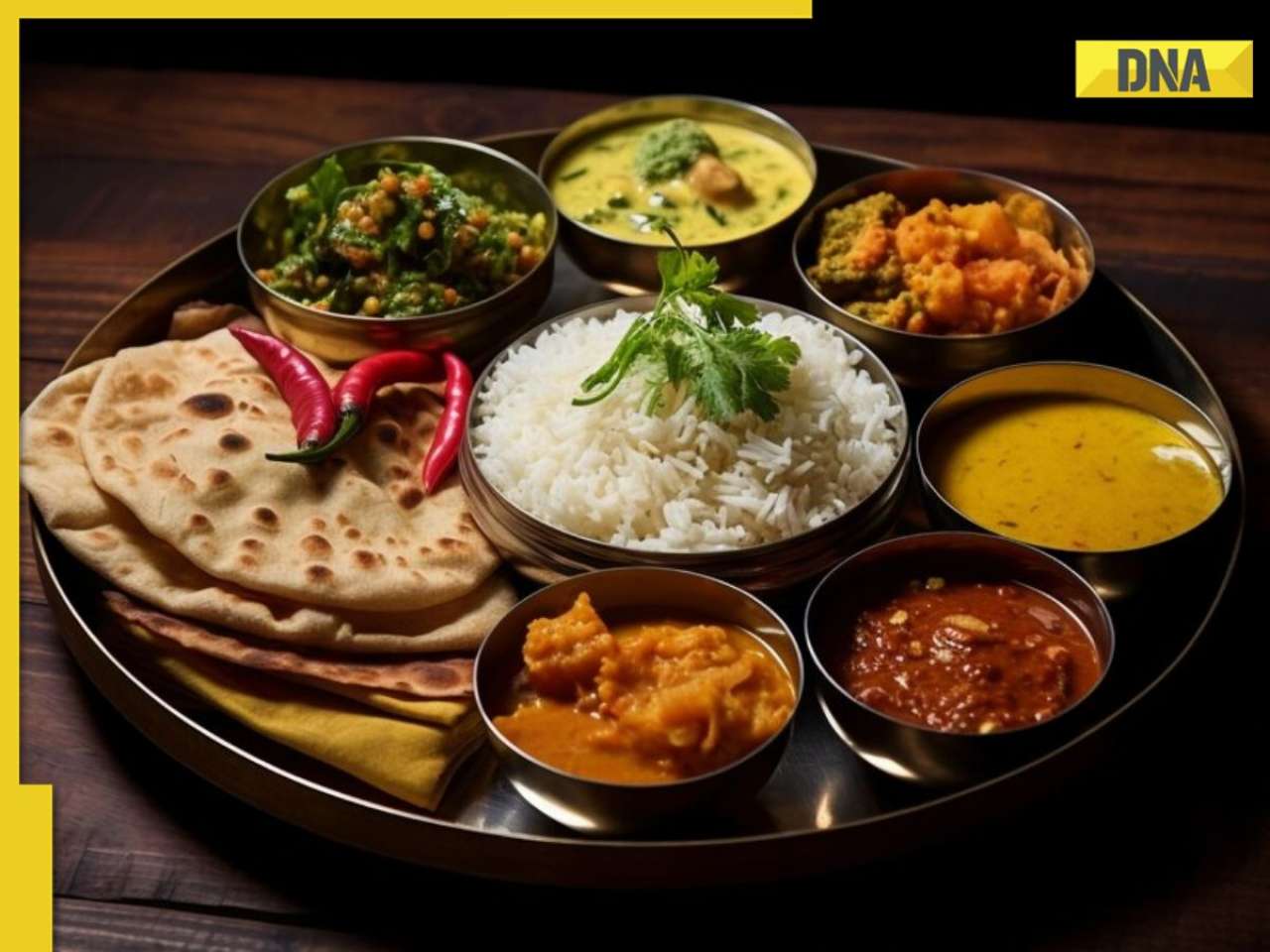
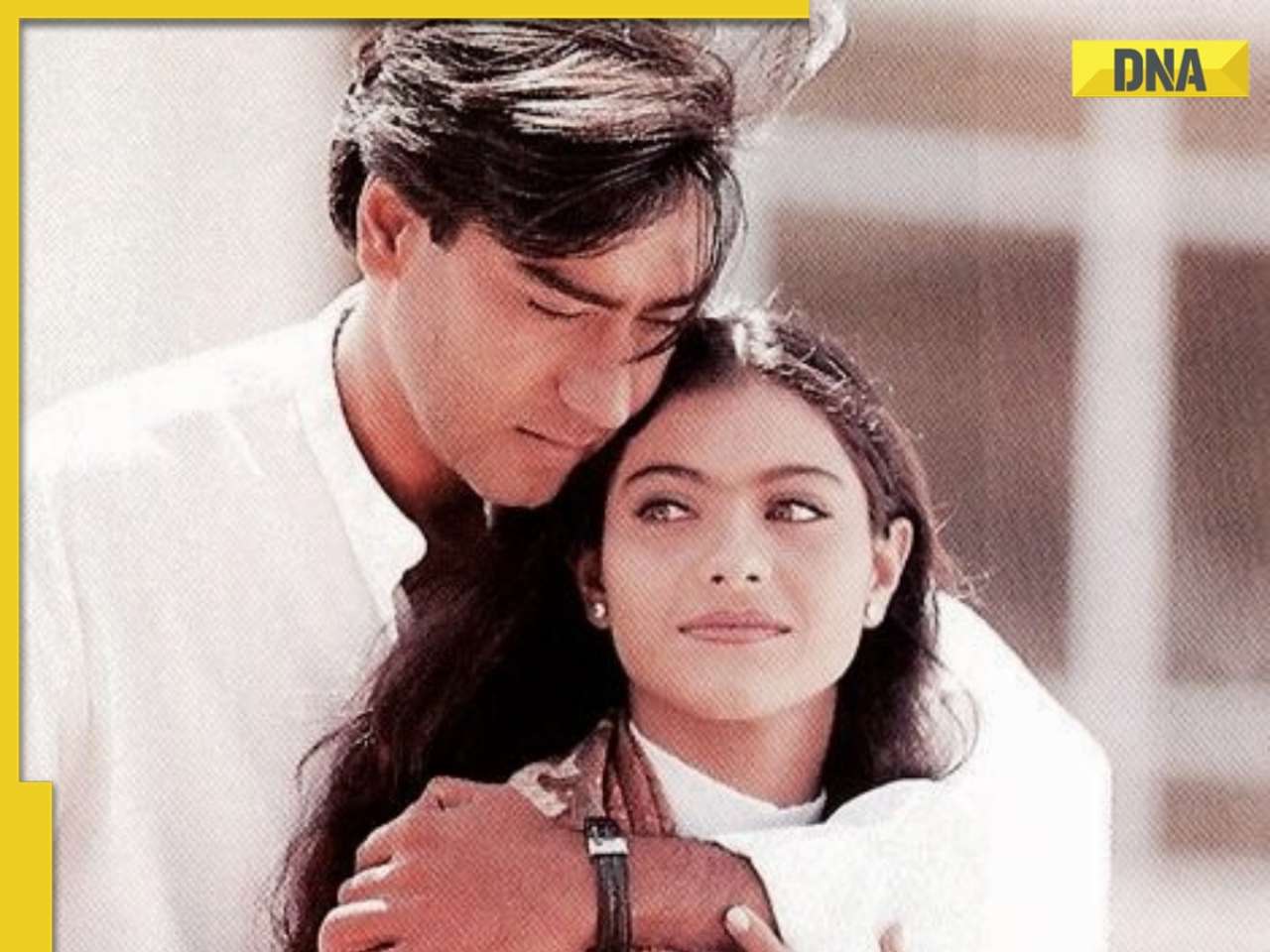
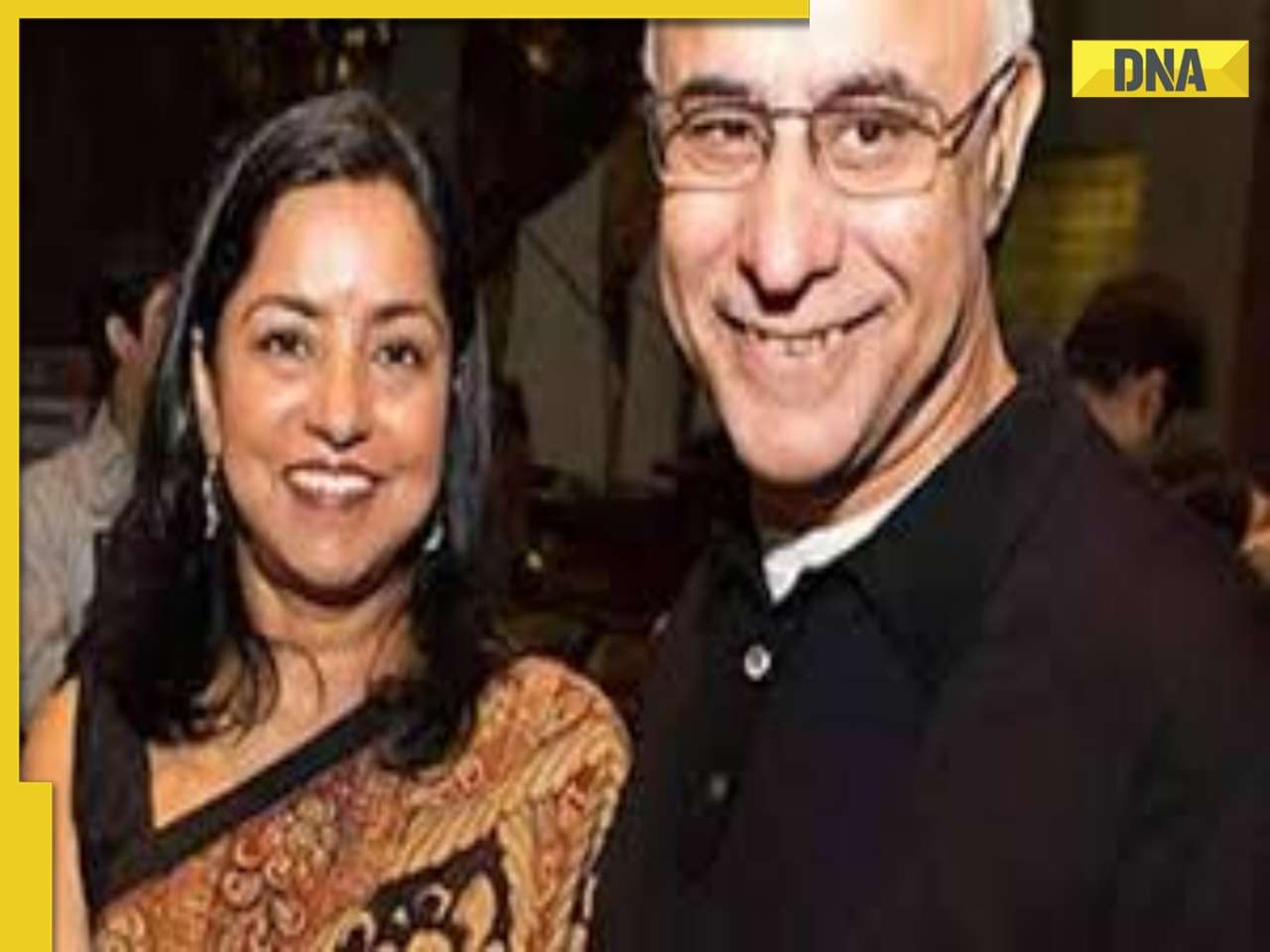





)
)
)
)
)
)
)
)
)
)
)
)
)
)
)






